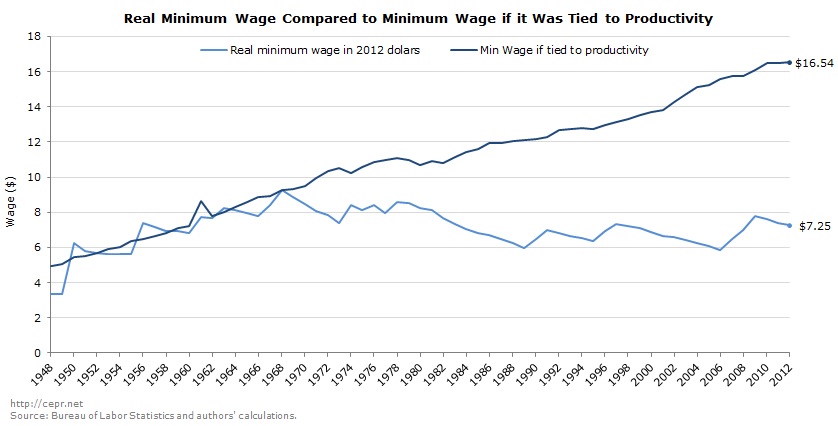Barack Obama thoughtfully opened discussion on the widening gap between rich and poor in America in 2013, intending to focus on the issue for the remainder of his presidency. In describing the “relentless decades-long trend” of a “dangerous and growing inequality and lack of upward mobility,” Obama acknowledged that his administration has not arrested two stubborn trends: widening income inequality and declining mobility, where lower-income people have a harder time finding a path to the middle class.
 “The idea that so many children are born into poverty in the wealthiest nation on Earth is heartbreaking enough, but the idea that a child may never be able to escape that poverty because she lacks a decent education or health care or a community that views her future as their own — that should offend all of us.”
“The idea that so many children are born into poverty in the wealthiest nation on Earth is heartbreaking enough, but the idea that a child may never be able to escape that poverty because she lacks a decent education or health care or a community that views her future as their own — that should offend all of us.” “Some of the social patterns that contribute to declining mobility, that were once attributed to the urban poor . . . it turns out now we're seeing that pop up everywhere. Government can’t stand on the sidelines in our efforts, because government is us. It can and should reflect our deepest values and commitments.” ~Barack Obama
“Some of the social patterns that contribute to declining mobility, that were once attributed to the urban poor . . . it turns out now we're seeing that pop up everywhere. Government can’t stand on the sidelines in our efforts, because government is us. It can and should reflect our deepest values and commitments.” ~Barack Obama
The bitter truth is that poverty and income inequality have always been a political football. The reason is perhaps simple. The poor don't have an active and viable political lobby to fight for their interests.
Both democrats and republicans turned a predictable deaf ear in favor of more politically palatable subjects. House Speaker John Boehner lashed out that whatever poverty and income inequality there is can be blamed on Obama's programs. That's nonsense, of course, just uninformed rhetoric and lacking substance; the gap has been growing for decades. With such words, the parties contend for position rather than solutions. Neither party has offered a coherent view nor a course of action; their various talking points would be laughed out of a freshman Economics 101 class.
Both democrats and republicans turned a predictable deaf ear in favor of more politically palatable subjects. House Speaker John Boehner lashed out that whatever poverty and income inequality there is can be blamed on Obama's programs. That's nonsense, of course, just uninformed rhetoric and lacking substance; the gap has been growing for decades. With such words, the parties contend for position rather than solutions. Neither party has offered a coherent view nor a course of action; their various talking points would be laughed out of a freshman Economics 101 class.
Government is us, as Obama says. And it does in fact reflect our collective values and commitments.
In the U.S., the southern states in particular have been bludgeoned by economic policy, economic decline, and an increase in the number of folks living in poverty. North Carolina and a handful of other Southern U.S. states saw the biggest increases in the number of people living in what are known as "poverty areas" between 2000 and 2010, according to a new Census Bureau report.
Today, 25.7 percent of all Americans live in such areas, up from 18.1 percent in 2000, according to the report. Having a quarter of the nation living this way is a problem: Poverty areas are typically marked by "higher crime rates, poor housing conditions, and fewer job opportunities," the report points out.
In the U.S., the southern states in particular have been bludgeoned by economic policy, economic decline, and an increase in the number of folks living in poverty. North Carolina and a handful of other Southern U.S. states saw the biggest increases in the number of people living in what are known as "poverty areas" between 2000 and 2010, according to a new Census Bureau report.
Today, 25.7 percent of all Americans live in such areas, up from 18.1 percent in 2000, according to the report. Having a quarter of the nation living this way is a problem: Poverty areas are typically marked by "higher crime rates, poor housing conditions, and fewer job opportunities," the report points out.
See The GAP - Part I for additional information. In the U.S., the gap is growing faster than in other developed countries.
See Class and the absence thereof for a look at underlying cultural issues.
The only way for a small group of people to become obscenely rich is for huge masses of others to be kept quite poor.

















